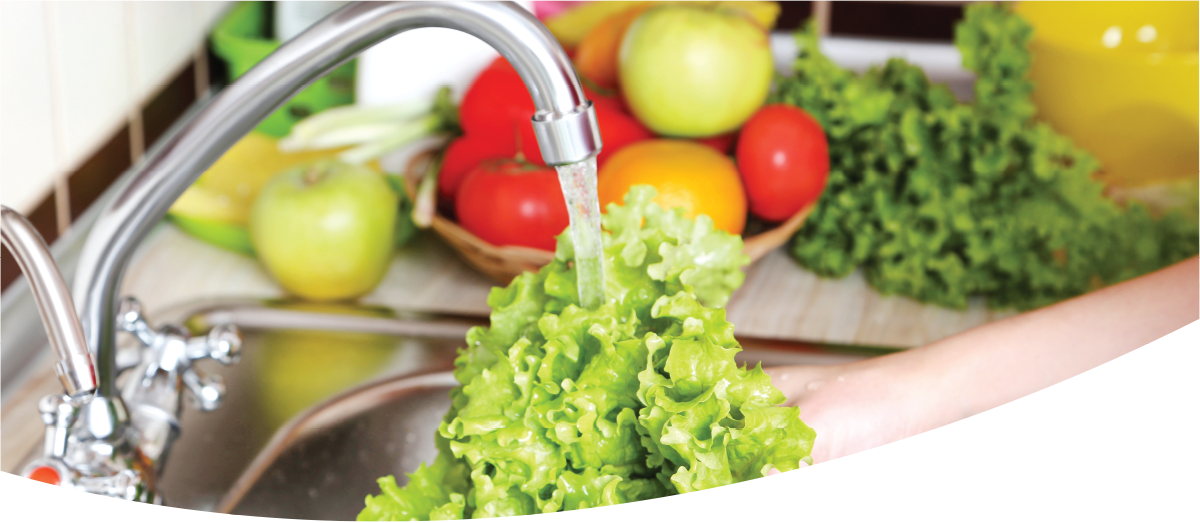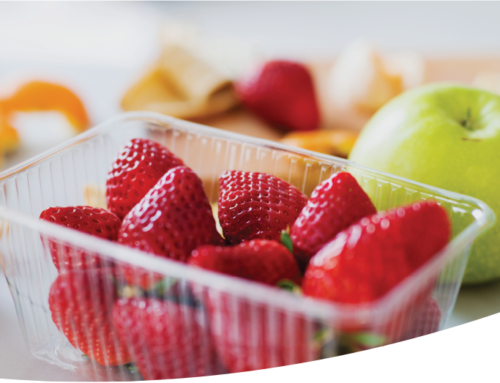How to Store Veggies So They Last Longer
In the previous related article, we talked about the best way to store fruit. Now it’s time to talk about vegetables. You’ve probably been storing all those potatoes, onions, and peppers properly, but if you’d like to make sure you’re keeping produce as fresh as possible for as long as possible and want to avoid wasting food and money, keep reading.
Start off right: Buy the best quality and freshest produce you can; no soft potatoes, dented peppers, or discolored onions.
Lettuce
Storing lettuce in the crisper drawer of the refrigerator will prevent it from going brown prematurely. Before you store it, wash the leaves and wrap them in paper towels to absorb excess moisture, then place them in a sealed plastic bag or glass container. They’ll stay fresh up to two weeks. Tip: Romaine lettuce is healthier and usually lasts longer than the iceberg variety.
Mushrooms
Don’t wash those mushrooms. They’ll get slimy. Just wipe them off and store them in a paper bag in the refrigerator—but not the produce drawer—away from other foods with strong odors or flavors; mushrooms tend to absorb these.
Onions
Strong odors are at play here, so store onions in a cool, dark, and dry space, separate from other foods. Onions can last a long time, but they’ll stay fresh for months if you put them in a pair of clean pantyhose. Add onions to each leg, tying knots between each whole onion. Hang the onion legs in a cool, dry place (a pantry or cellar) until you’re ready to use them. A mesh bag will also work.
Peppers
Green peppers usually last longer than red, orange, and yellow ones, so eat the colorful ones first.
Place peppers in a plastic bag or produce bag in the crisper drawer of the fridge. Most peppers will stay fresh for up to two weeks.
Potatoes
Store potatoes in a cool, dry, and well-ventilated place, out of direct sunlight. Not the fridge: The starches could convert to sugar and alter their flavor. Don’t wash potatoes before storing; the dampness will lead to mold. Potatoes can last a long time, but only buy what you can eat in the short term.
Tomatoes
Yes, tomatoes are actually a fruit, but so many people think of them as vegetables we decided to include them in this section. Store your tomatoes on the counter at room temperature. Refrigeration will make them mealy and flavorless. Keep tomatoes in a single layer, not touching, out of direct sunlight. When they ripen, place them stem-side down to keep them fresh as long as possible.
These suggestions will help you get the most out of your produce purchases. These are not absolute, and you may find other suitable ways to store fruits and vegetables for your particular environment. Just make sure to keep an eye on them and use them while they’re fresh. As we noted in our previous article, in case fresh veggies aren’t available, Inspired Organics offers an array of frozen organic produce that’s rich in nutrients and ready for immediate enjoyment.




